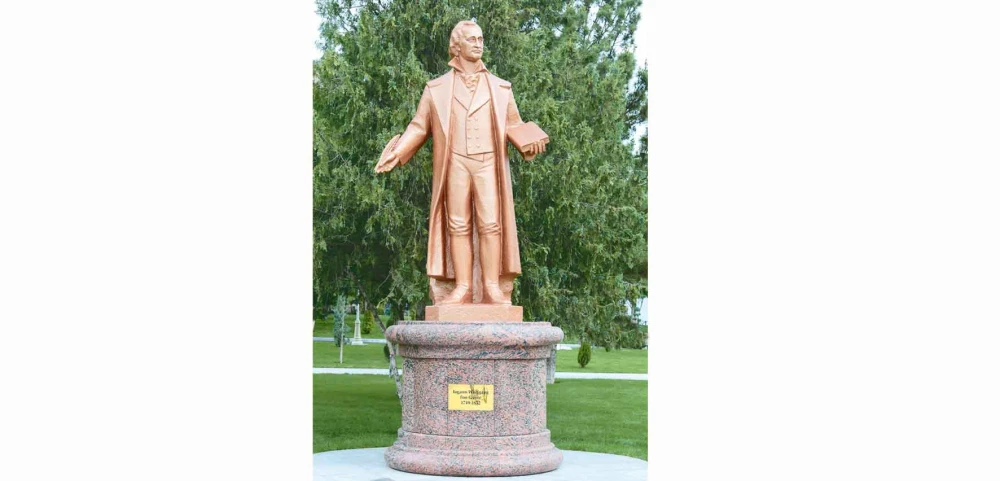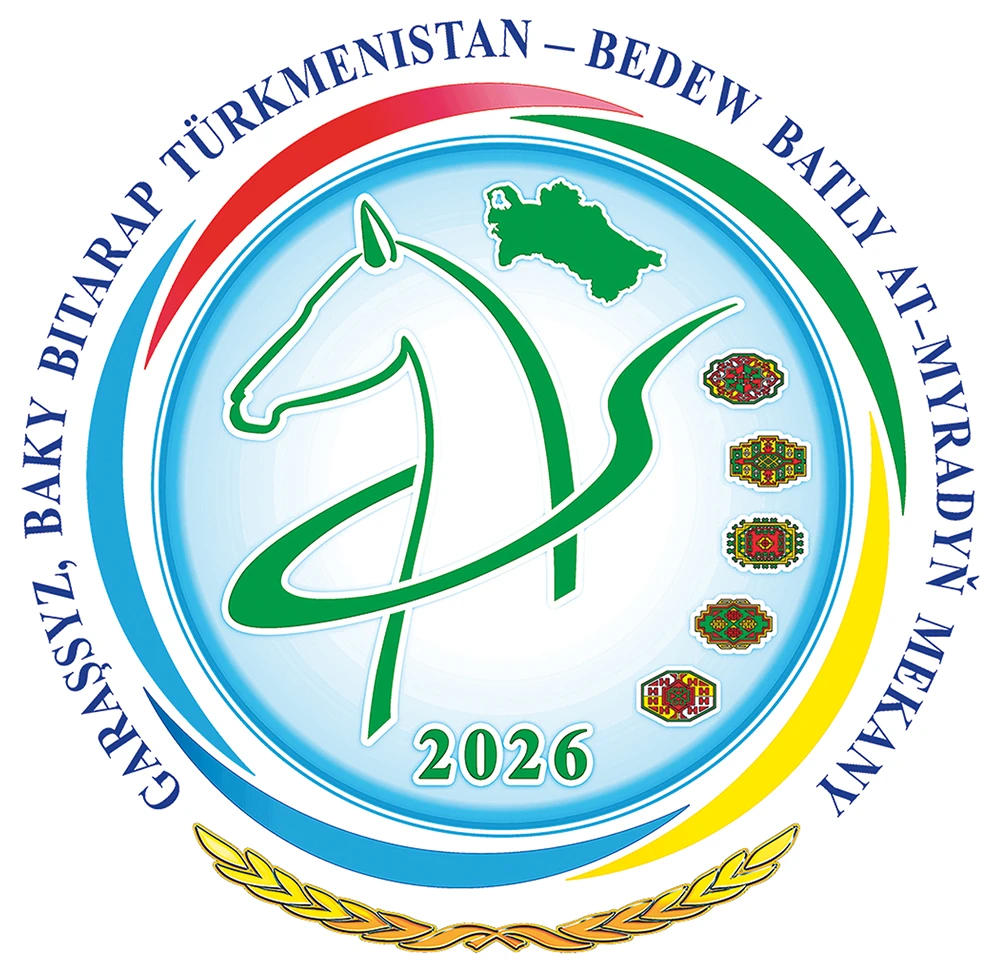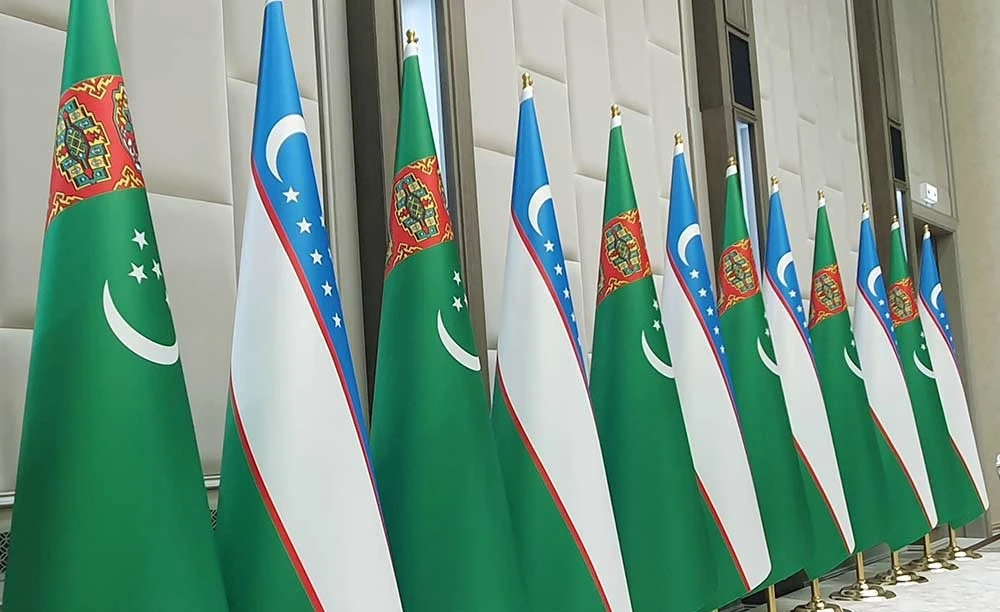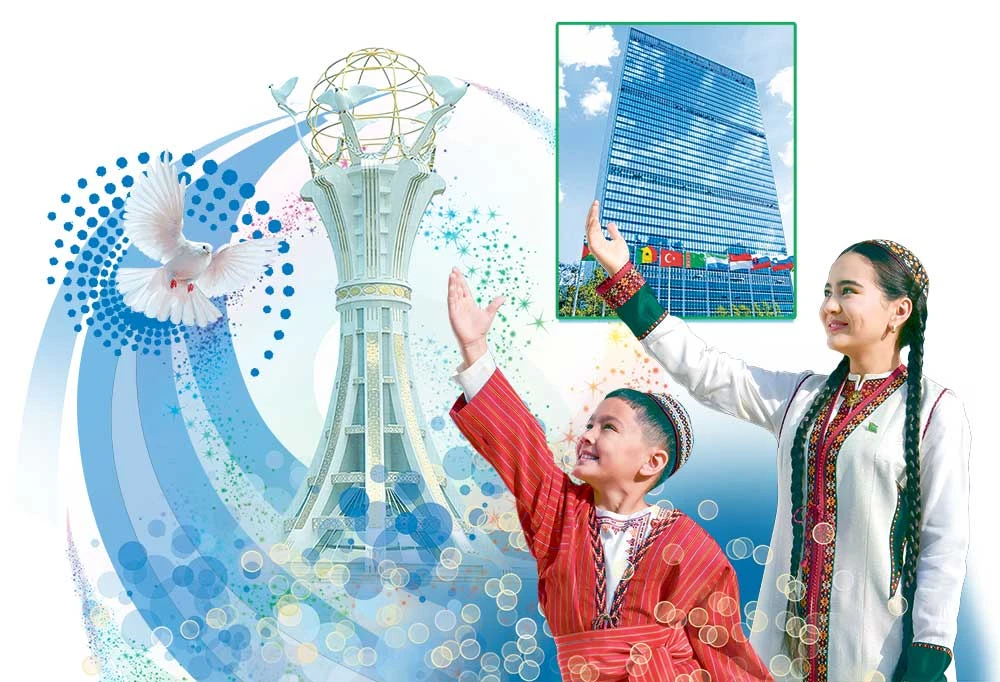
18/06/2024
1781
Johan Wolfgang von Goethe: Literary Genius and Scientific Pioneer
Johan Wolfgang von Goethe, born on August 28, 1749, in Frankfurt am Main, is celebrated not only as a literary giant but also as a significant figure in the realms of philosophy and science. His contributions span a multitude of disciplines, including literature, optics, and morphology, reflecting his status as a polymath. This essay explores Goethe’s life, his major literary works, his scientific methodologies, and the enduring legacy he left in both the arts and sciences.
Goethe was born into a wealthy bourgeois family; with his father Johann Caspar Goethe being a lawyer and his mother Catharina Elisabeth Goethe hailing from a well-to-do background. His early education was thorough and diverse, covering languages, arts, and sciences. Goethe pursued law at Leipzig University and later at the University of Strasbourg, where he was deeply influenced by Enlightenment ideas and the Sturm und Drang (Storm and Stress) literary movement.
Goethe’s literary career began with poetry, but he gained widespread fame with the publication of “The Sorrows of Young Werther” in 1774. This epistolary novel, depicting the tragic love story of a young artist named Werther, resonated deeply with readers and catapulted Goethe to international fame. His magnum opus, “Faust,” is a dramatic work developed over several decades, with Part I published in 1808 and Part II posthumously in 1832. “Faust” explores human ambition, desire, and the quest for meaning through the character of Faust, who makes a pact with the devil Mephistopheles. This work has become a cornerstone of Western literature, embodying the complexities and contradictions of the human condition. Beyond literature, Goethe made significant contributions to philosophy and science. He rejected the mechanistic and reductionist views of the Enlightenment, favoring a holistic and organic understanding of nature. His method emphasized direct observation and intuitive understanding, advocating for a science that appreciated the complexity and interconnectedness of natural phenomena.
Goethe’s “Theory of Colours” (1810) challenged Isaac Newton’s particle theory of light by proposing that colors arise from the interaction of light and darkness through a medium. He categorized colors into physiological, physical, and chemical colors, emphasizing their subjective nature. Although his theories were not widely accepted by the scientific community, they influenced later thinkers in phenomenology and psychology, as well as artists and philosophers. In botany and morphology, Goethe’s concept of the “Urpflanze” or primordial plant was an attempt to identify a fundamental archetype underlying all plant forms. This idea emerged from his observations of plant development during his travels in Italy. Goethe’s morphological studies extended to the animal kingdom as well. He discovered the intermaxillary bone in humans, which was previously thought to be absent, demonstrating the unity of vertebrate structure and anticipating principles of comparative anatomy and evolutionary biology.
In 1775, Goethe moved to Weimar and became a close advisor to Duke Carl August of Saxe-Weimar. Over the years, he held various administrative positions, overseeing the duchy's mining operations and educational institutions. His efforts helped transform Weimar into a cultural and intellectual hub, attracting other luminaries such as Friedrich Schiller, with whom Goethe formed a deep and productive friendship.
Goethe’s scientific methodology was characterized by meticulous observation and a qualitative approach, where intuition and sensory experience played crucial roles. This stance set him apart from contemporaries who increasingly relied on quantitative methods and mathematical frameworks. Despite initial resistance, Goethe’s ideas influenced several fields. His morphological approach in biology laid the groundwork for later evolutionary theory, and his emphasis on perception prefigured phenomenological approaches in psychology.
Johan Wolfgang von Goethe’s legacy is profound and multifaceted. In literature, he is regarded as one of the greatest writers in the German language, with works that continue to be studied and celebrated for their artistic and philosophical depth. “Faust” remains a cornerstone of world literature, inspiring countless adaptations and interpretations. Goethe’s scientific ideas, although not always accepted in his time, have influenced various modern scientific fields. His holistic approach to nature finds echoes in contemporary ecological and systems thinking. His contributions to science communication, bridging the gap between scientific communities and the public, remain relevant in today’s global challenges. In German culture, Goethe is a national icon, representing the height of the country's literary and intellectual achievements. His works are a staple of German education, and institutions like the Goethe-Institut promote German language and culture worldwide in his name.
Johan Wolfgang von Goethe’s life and work exemplify the richness and diversity of human creativity and intellectual pursuit. His literary masterpieces, philosophical insights, and scientific inquiries reflect a relentless curiosity and a deep engagement with the world. Goethe’s legacy continues to inspire and challenge us, reminding us of the enduring power of the human spirit to explore, understand, and create.
Suray NAZAROVA,
the 1st year student of the Faculty of International Journalism
of the Institue of International Relations
of the Ministry of Foreign Affairs of Turkmenistan.


